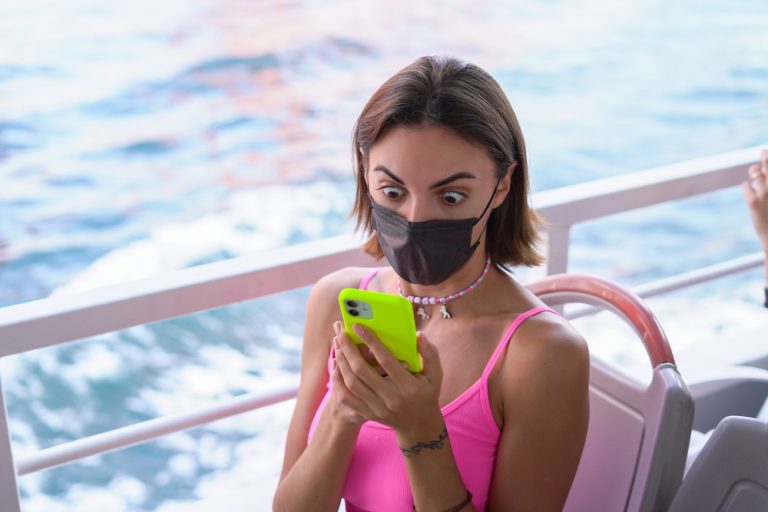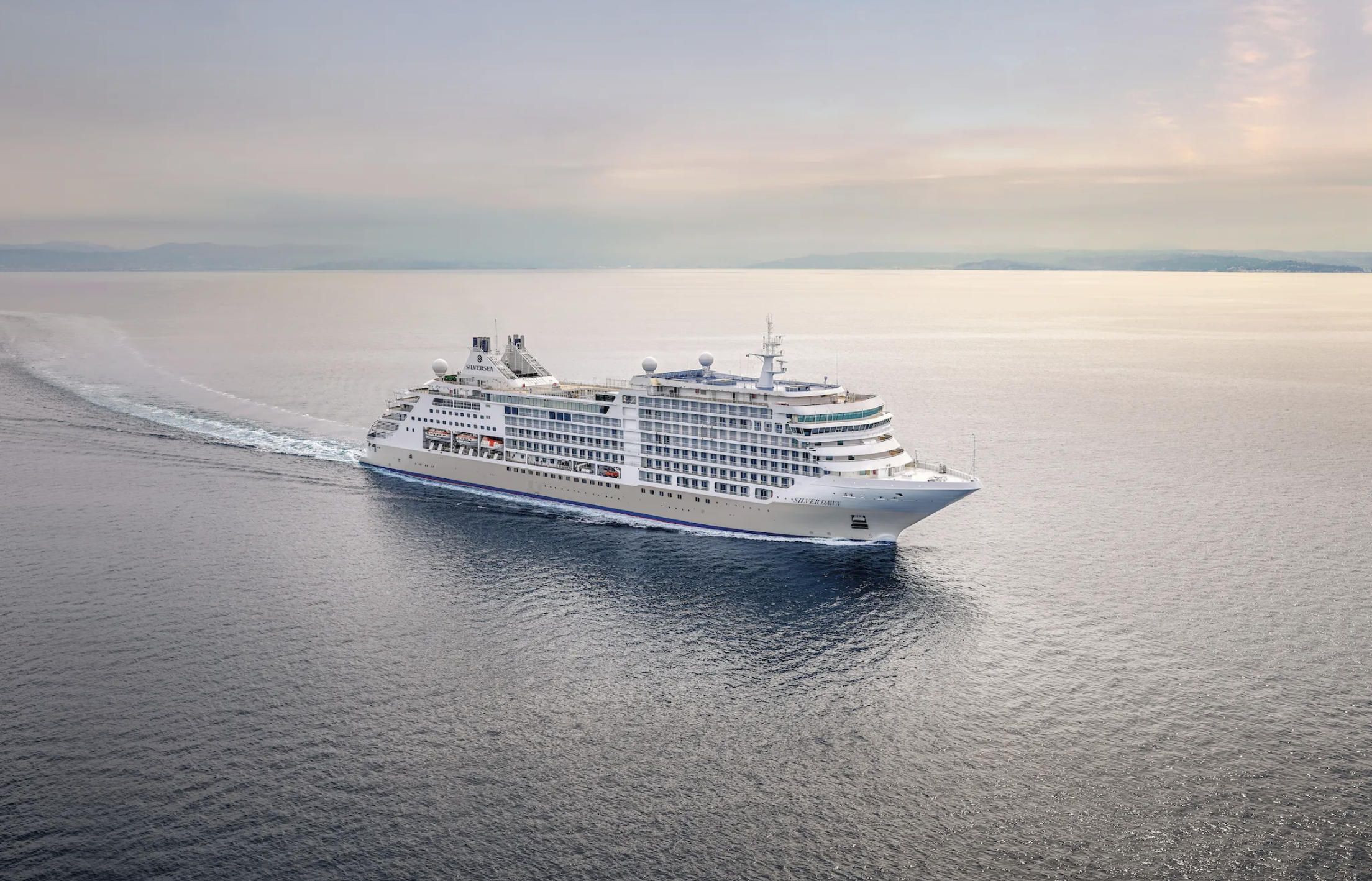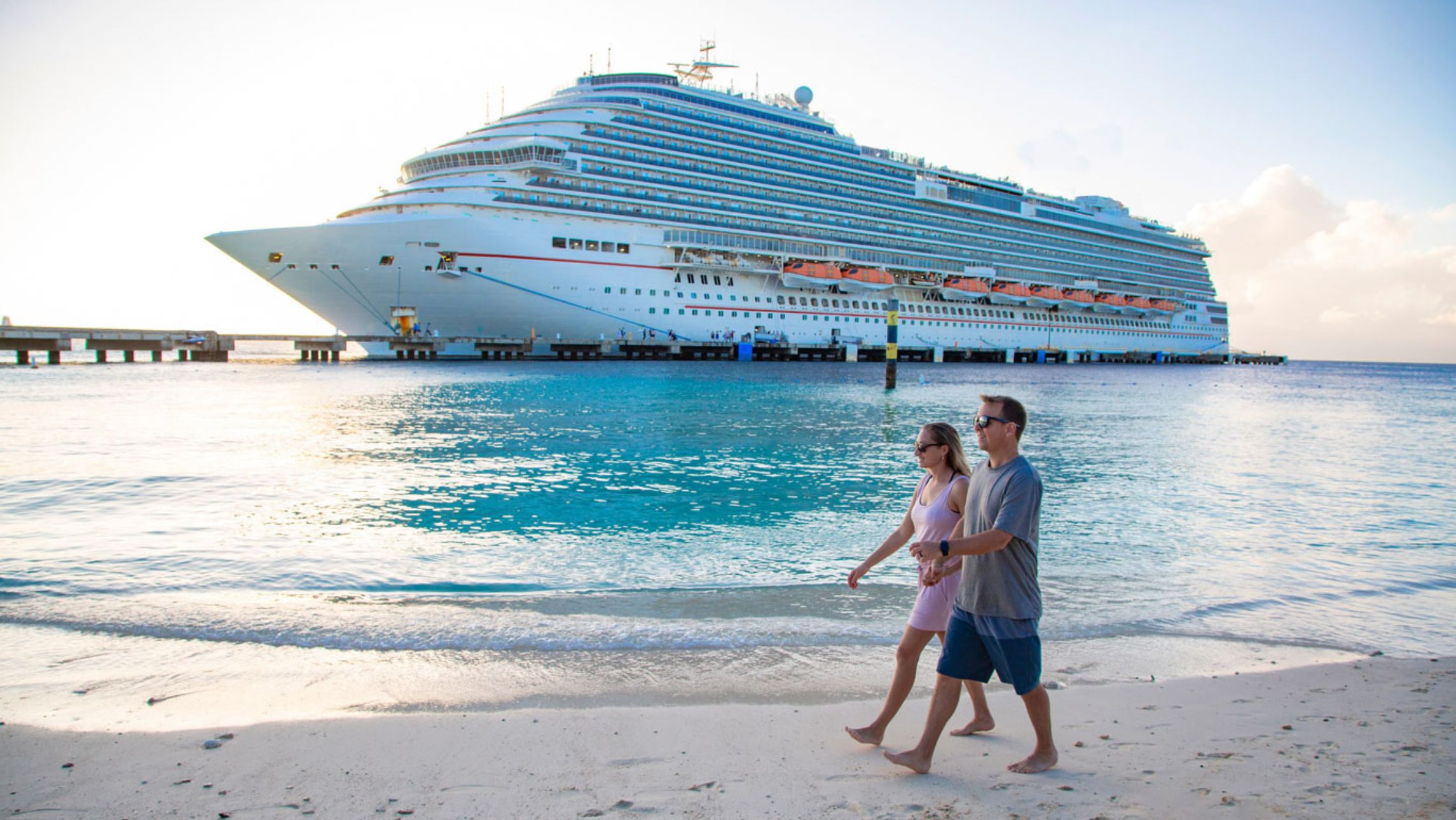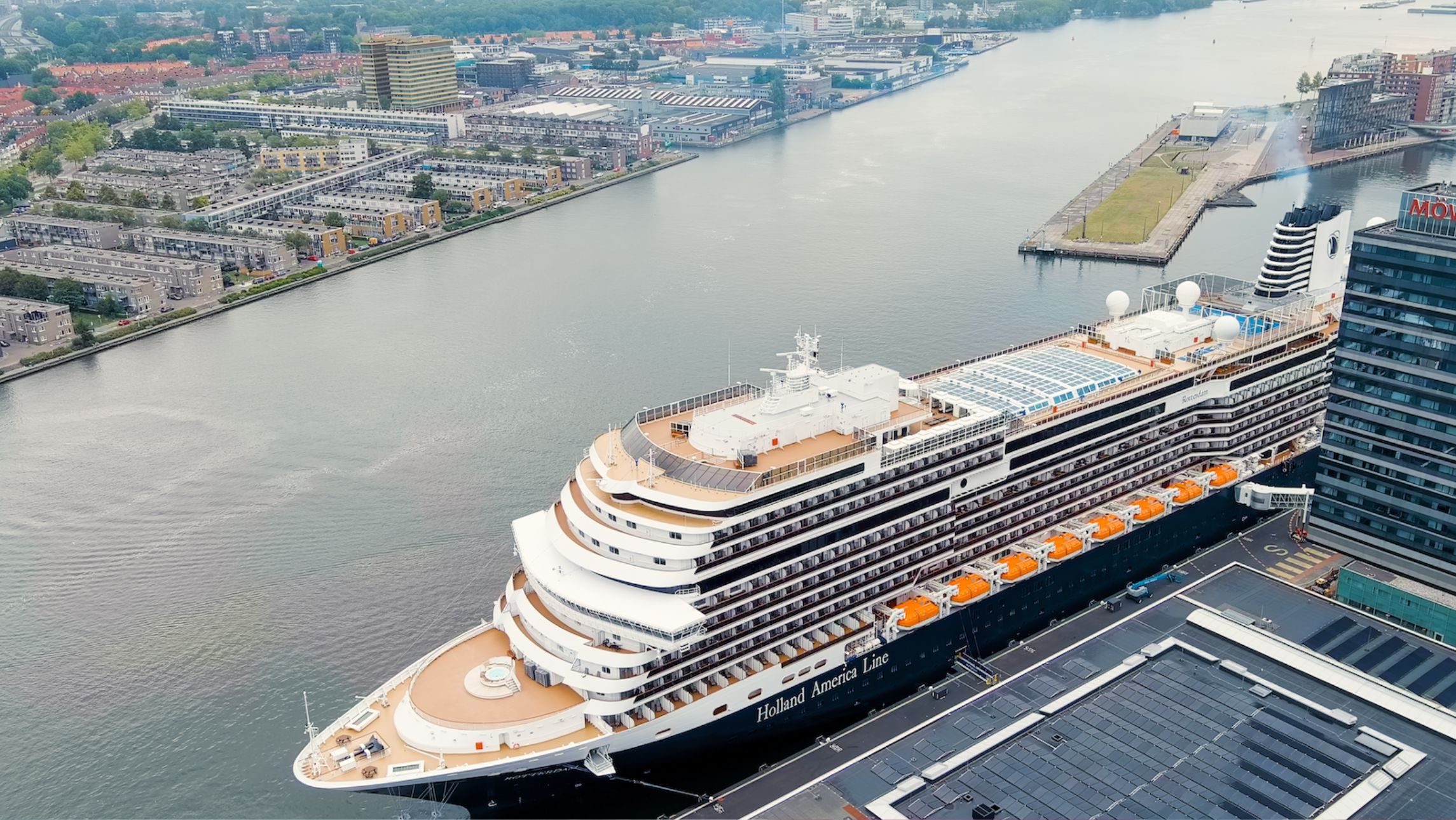More experienced travellers know that they’re if setting off on a long cruise voyage or an overseas adventure, travel insurance is a necessity. However, more confusion arises for travellers when they’re simply ducking off on a short three-day cruise break.
After consulting with the experts, the short answers is that, yes, to minimise the risk associated with cruising. Even on a three-day cruise out of Australia, passengers should get insurance. However, Cruise Passenger has all the info you need from cruising and insurance experts across why you need insurance, what providers to look out for and the horror stories of how it can all go wrong without insurance.
Tim Bennett, insurance expert at Finder warns that as soon as you step on a ship, your Medicare cover is out the window. Furthermore, specific cruise cover is crucial.
“You’re not covered by Medicare on a cruise, even if you’re travelling in Australian waters. It’s crucial to make sure you get cover.
“Cruise cover goes much further than standard insurance. It can pay costs for medical evacuation, cruise delays and cancellations, missed port departures, pre-existing conditions, on-board dental expenses, cabin confinement. And even the cancellation of onshore activities such as tours.”
How much can an accident set you back?
Simple scans will set you back hundreds. And the cost of an evacuation will be well into the thousands says Bennett.
“On-ship treatment can be really pricey. Seeking medical advice or getting a scan done will cost you a few hundred dollars. But an evacuation will cost you thousands.
“You’re in a risky situation. Everything from a slip on a wet surface to a really bad sickness and being in international waters makes the potential price of treatment crazy high.”
Compare the Market’s Executive General Manager and travel insurance expert, Adrian Taylor warns that depending on the location of your ship, a quick accident could quickly result in tens and thousands, or even hundreds and thousands in medical costs.
“Every year insurers receive claims from passengers who slip and fall while on board. The combination of sea spray on decks that are rolling with the waves is a common source of injuries to some passengers.
It’s always worth getting cruise insurance. Without it, any medical treatment that is performed on a passenger, will generally need to be paid out of pocket.”
“And, if the worst does come to pass, and people get severely ill or injured on the cruise, it can cost up to tens of thousands of dollars to get treatment or be medically evacuated off the ship and to a hospital. And that’s only in domestic waters. If a similar incident were to happen in international waters, out-of-pocket costs can range over $100,000, as advised by Smart Traveller.“
Sharon Summerhayes, cruise agent and expert from Deluxe Travel & Cruise, warns that she’s seen countless claims for all sorts of reasons on shorter cruisers. Including a hefty medical bill herself.
“I, myself have had a claim worth $5000 on a cruise ship from a medical bill. And I know many clients of mine over the years have had enormous bills from a ship’s medical centre. The other reasons to get coverage include cancellation due to unforeseen circumstances, luggage loss or damage, cabin confinement due to illness and so on.“
Which providers do the experts recommend?
Michelle Levins, director of My Cruise Concierge recommends a range of reliable providers.
“We are selling a lot of Go Insurance, NIB and Covermore,“ Michelle said. “They all have excellent policies which can be customised according to the value of your trip and what you require. We encourage all our clients to read the PDS to understand what they are covered for and what may be excluded.“
Summerhayes also recommends the same three providers for cruise cover.
Finder has a list of their top travel insurance picks, recommending the following providers in particular.
- Top pick: Value – Southern Cross International Comprehensive – Single Trip
- Top pick: COVID – Medibank International Comprehensive Travel Insurance
- Top pick: Families – World2cover International Top Cover Travel Insurance
- Top pick: Domestic – InsureandGo Gold Domestic
Taylor more generally recommends making sure your provider has strong cruise cover and to pour over the product disclosure statement.
“Generally, people who are going on a cruise will need to take out travel insurance with a cruise inclusion. Or, they will need an add-on as standard travel insurance rarely includes cruise cover. However, there are insurers, such as InsureandGo, offering dedicated cruise products as opposed to a package with a standard travel insurance policy. People should absolutely go out and compare the cruise insurance policies out there.
“Furthermore, we would advise anyone who intends to take out travel insurance for cruising to declare all ports of call as destinations in their policy. This will ensure that people are covered for onshore trips and activities. Not just for potential accidents that could happen on the ship.
“It’s also important for cruisers to read through the product disclosure statements before making a purchase. This is so that they understand the limits, sub-limits, and exclusions that particular policy has. Often there will be some differences between the insurers.”










This article is headlined “Insurance for a 3 day domestic Cruise”.
I would like to challenge the comments by the “Industry Experts” (who are perhaps not totally unbiased) in regard to the financial risk of an Air evacuation.
It is my understanding (which has been confirmed by the AMSA) that an air-evac from a cruise ship sailing in waters under their jurisdiction is provided free of charge by the Australian Govt. and no insurance claim is required. This has also been confirmed by the folk at Covermore.
The AMSA area of responsibility is considerable and extends much further than what is generally recognised as Domestic waters.